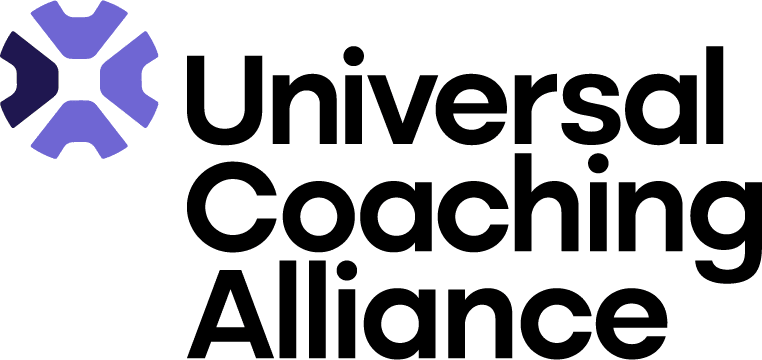Demystifying Coaching Philosophies, Psychologies and Approaches
Person-centred, Humanistic, Existential, Psychodynamic, Gestalt, Systems, Somatic, NLP, Performance, Cognitive Behavioural, Transpersonal, Transformational, Trauma-informed, Relational, Leadership, Positive Psychology, Strengths Based, Constellations, Intercultural, Well-being…. all types and styles of coaching represented in books on my book shelf, and that’s just at a quick glance. If I dug deeper, I’d find many other approaches detailed in the academic coaching manuals and executive coaching texts also sitting on my shelves.
As a coaching nerd, I embrace how coaching is informed by these and many other philosophies and psychologies, however it presents a highly confusing landscape to a coaching newbie, and of course, to our clients. For example: How does a trainee coach decide which training programme to choose? How does a new-to-the-market coach articulate how they coach and why? How does a client choose the best coach and coaching approach for them? What do purchasers of coaching want to know about a coach’s underpinning philosophies and theories? Does a coach have to align themselves with just one approach? Or can a coach successfully integrate a number of approaches in a holistic and eclectic manner?
As a coach, do you know the theories and science that underpin your favourite coaching tools and techniques? If your client asked, could you give them a credible explanation?
So, within this confusing landscape, do we just fumble along not knowing why our coaching techniques work or not? Do we not bother to explain to our clients what theories and science are the basis of our practice because we don’t really know ourselves? I hope I hear you cry No!
Not knowing, or not being able to articulate, the theories that underpin your coaching practice, is detrimental to your practice and to your clients, and in some cases unethical. It is fundamental to good and ethical practice to know the science or research behind your favourite coaching tools and techniques. You should know how they work and why they work, and you should also know how they relate to other similar tools that are designed to achieve similar outcomes. If you are not aligned to any one particular coaching approach, and enjoy being a generalist, this is perhaps even more important to your practice. A solid understanding of the range of approaches that influence your style and approach is vital.
Next Steps:
Events:
Coaching Approaches Philosophies and Psychologies with Dr Alex Morgan – Wednesday 10th July a 7:30 am – 8:30am
Resources:
Books – ‘Becoming a Coach’ (Passmore and Sinclair)
‘The Complete Handbook of Coaching’ (Cox, Bachkirova, Clutterbuck)
‘The Psychology of Coaching and Mentoring’ (Passmore, Peterson, Freire)
Visit – Visit www.globalcodeofethics.org
Visit the Membership pages on the UCA website – to consider the benefits to Members.
Read the Accreditation Frameworks on the UCA Website
Visit the UCA Accreditation pages on the Website.
Self-development:
Follow UCA on LinkedIn – UCA LinkedIn Page
Self-Reflection Exercise: Complete your learning log on this subject, identifying your learning from this article.
Consider the benefits of engaging in Supervision.
Create your lead conversion plan.
